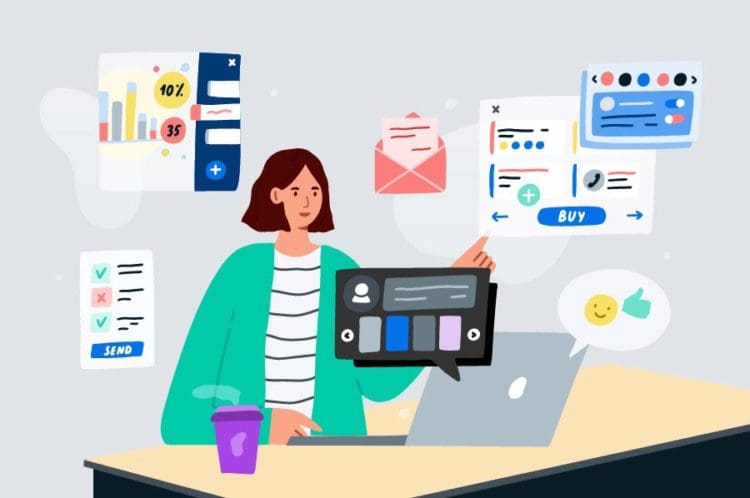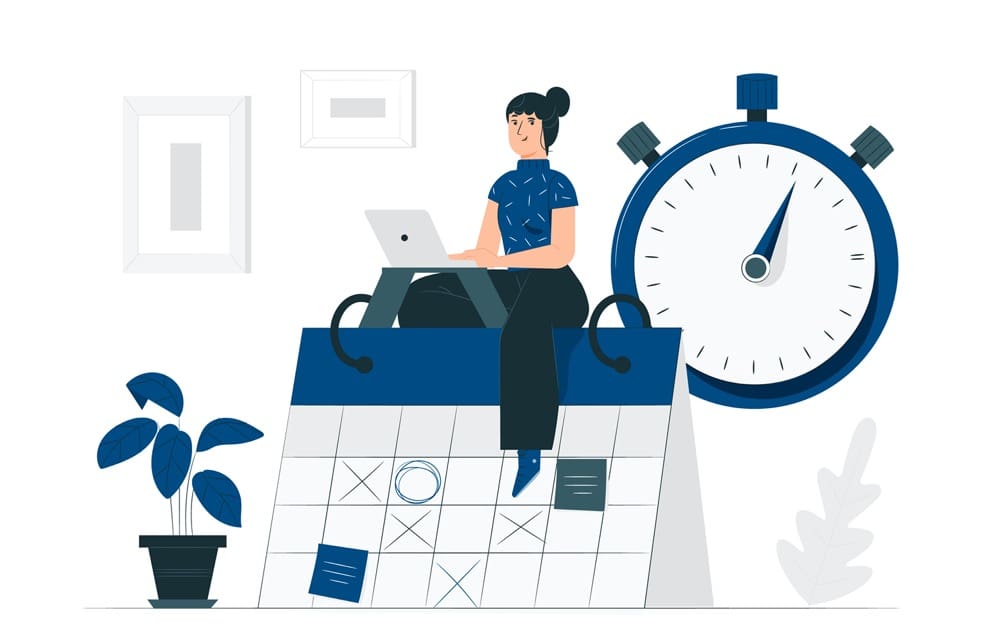Becoming a successful real estate agent takes more than just a good idea and some sales skills. It’s a challenging but lucrative industry, and if you want to be successful, you’ll need to be knowledgeable about the market, have a strong marketing plan, and be able to build relationships with clients. With the right attitude and approach, you can become a successful real estate agent.
1) Understand the market
The first step to becoming a successful real estate agent is to gain an understanding of the market. You need to know what’s hot and what’s not, and you need to be able to identify trends. This knowledge will help you make informed decisions about properties and help you sell them quickly. It’s also important to understand the different types of buyers out there, so you know how to appeal to them.
For example, if you’re selling in a hot market, you’ll need to be able to price properties correctly and have a good understanding of the competition. If you’re selling in a buyers’ market, you’ll need to be more flexible on price and be willing to negotiate.
Additionally, you should have a good understanding of the different types of properties out there. This includes knowing the difference between residential and commercial properties, as well as investment properties. Each type of property has its own set of rules and regulations, so it’s important that you understand them before listing or selling a property.
2) Have a strong marketing plan
A successful real estate agent needs to have a strong marketing plan. You need to be able to reach potential buyers, and you need to stand out from the competition. There are many ways to market properties like online listings, real estate direct mail, open houses, and print advertisements. You should also consider using social media to reach a wider audience.
Your marketing plan should be tailored to the type of properties you’re selling and the type of buyers you’re targeting. For example, if you’re selling luxury homes, your marketing strategy will be different than if you’re selling fixer-uppers.
You should also consider working with a real estate marketing company to help you develop and implement a successful marketing plan.
Additionally, you need to have a good understanding of lead generation. This includes knowing how to generate leads, how to follow up with leads, and how to convert them into clients.
3) Have strong sales skills
In order to be successful in real estate, you need to have strong sales skills. This includes being able to effectively communicate with clients, being persuasive, and being able to close deals.
You should also have a good understanding of the real estate process. This includes knowing how to list properties, how to show properties, and how to negotiate deals.
If you’re not a natural salesperson, don’t worry. There are many resources available that can help you improve your sales skills. Additionally, many real estate companies offer training programs that can teach you the necessary skills.
4) Be able to build relationships with clients
A successful real estate agent needs to be able to build relationships with clients. This includes being personable, trustworthy, and a good listener.
It’s also important to be available when your clients need you. This means being responsive to phone calls, emails, and text messages. Additionally, you should be available for showings and open houses.
If you’re not good at building relationships, don’t worry. There are many resources available that can help you improve your people skills.
For starters, try taking a class on communication or customer service. This way, you’ll learn how to better interact with people. Second, try volunteering for a local organization. This will help you build relationships with people in your community. Finally, try joining a networking group. This will help you meet people in the real estate industry and build relationships with them.
5) Have the right attitude
In order to be successful in real estate, you need to have the right attitude. This includes being positive, self-motivated, and driven.
You should also be able to handle rejection. Remember, not every lead will turn into a client, and not every deal will close. It’s important to keep this in mind and not let rejection get you down.
If you don’t have the right attitude, it will be difficult to succeed in real estate. Luckily, this is something that you can work on.
If you find that you’re struggling with your attitude, there are many resources available that can help you improve it. For example, there are many books and articles on the subject. Additionally, there are many positive thinking and self-improvement courses that you can take.
No matter what, remember that attitude is everything in real estate. With the right attitude, you can achieve success.
6) Get a real estate license
In order to become a successful real estate agent, you need to have a real estate license. To get a license, you’ll need to pass an exam that covers state and federal laws, as well as general real estate knowledge.
The best way to prepare for the exam is to take a real estate licensing course. These courses will provide you with the knowledge you need to pass the exam.
Additionally, many real estate companies offer training programs that can help you prepare for the exam. These programs usually include a course and an exam prep class.
Once you pass the exam, you’ll be able to get your real estate license.
In order to be successful in real estate, you need to have a number of different skills. You’ll need to be knowledgeable about the market, have a good marketing idea, have strong sales skills, and be able to build relationships with clients. With the right attitude and approach, you can become a successful real estate agent. To get started, make sure you get your real estate license. The bottom line is that if you want to be successful in real estate, you need to be willing to put in the work. With the right skills and attitude, you can achieve success in this exciting and rewarding industry.





